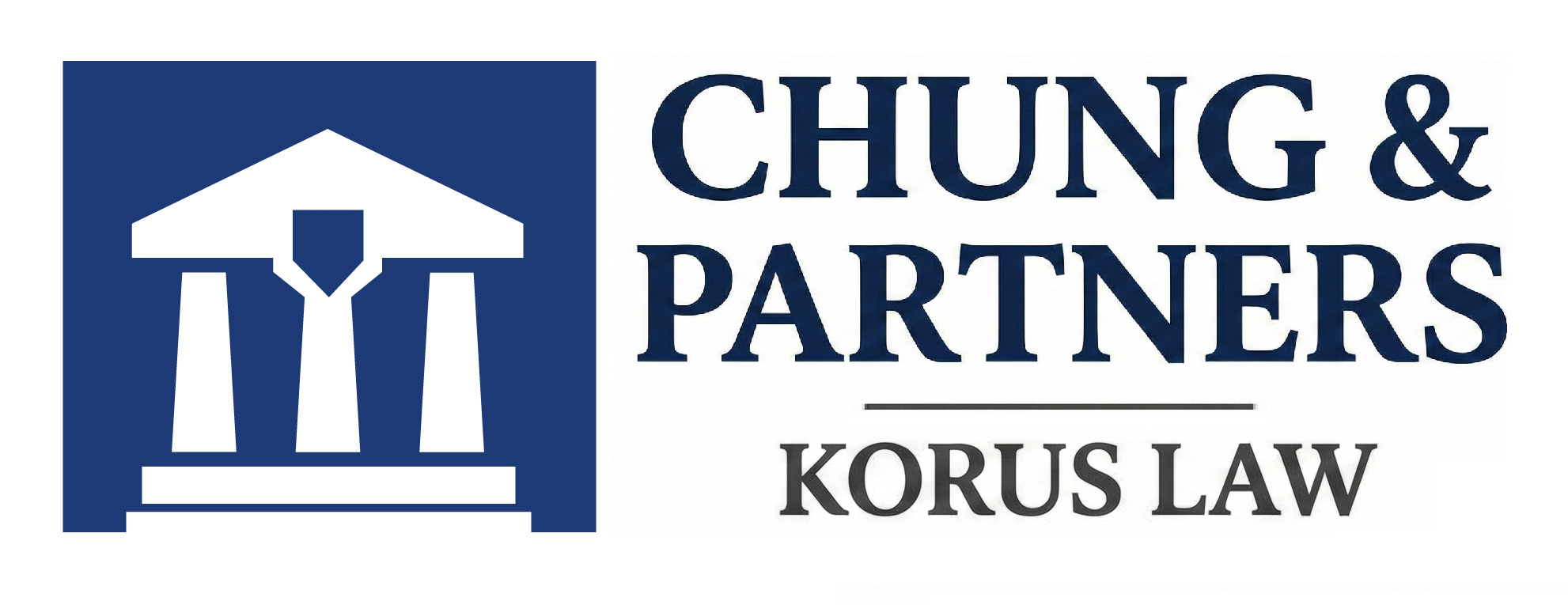
05 Sep Inheritance That Could Jeopardize Government Benefits?
For families with children who have developmental disabilities, physical impairments, or mental illness, it’s inevitable to worry about how best to plan their estate for the benefit of the child.
Parents naturally feel that no amount of money would ever be enough when it comes to leaving their disabled child behind one day. However, improper estate planning could result in the loss of government benefits for that child, which is a major concern.
Mr. Choi has three sons, the youngest of whom has a disability and receives government benefits. He has about $300,000 in assets. If he divides the estate equally and gives $100,000 to each son, the two older sons can use the money freely, but the disabled son may lose his government assistance because of the inheritance.
One might consider entrusting the youngest son’s share to the eldest son, with instructions to use it for his brother’s care. However, this approach poses significant risks. If the eldest son passes away before the disabled son, the money could pass to his wife. In the case of divorce, half the funds could be lost in a settlement. The inheritance could also be at risk if the eldest son faces a lawsuit or bankruptcy.
A solution to this dilemma is The Special Needs Trust(SMT). As the name suggests, it is a trust designed to supplement government benefits such as Medicaid, Medicare, Social Security, and Supplemental Security Income (SSI) for individuals with special needs. The trust ensures that the assets are not considered the disabled child’s property, allowing the child to receive an inheritance without losing access to government programs.
SSI and Medicaid recipients must meet not only disability criteria but also strict financial criteria, including asset limits. If a disabled child inherits assets directly, they could easily lose eligibility. That’s why it is crucial to use a trust to transfer or bequeath any assets.
The commonly used Special Needs Trusts include the First-Party Special Needs Trust, which is created using the disabled individual’s own assets, such as compensation from an accident, inheritance, or gifts. This trust allows the disabled person to receive government benefits while using the trust assets as needed. However, a downside is that when the disabled person passes away, any remaining assets in the trust must be used to reimburse the government for benefits received.
The Third-Party Special Needs Trust is more commonly used. It is created using assets from a third party, usually the parents, for the benefit of the disabled child. This allows the child to continue receiving government benefits while the trust is used to support their health, safety, and overall well-being.
A key advantage of this trust is that, unlike the First-Party Trust, any assets remaining after the disabled person’s death do not need to be paid back to the government. If the disabled child leaves behind descendants, the remaining assets can be passed on to them. If not, the funds can go to other children. Since each family’s situation is different, it is important to work with an elder law attorney when setting up this type of trust.

